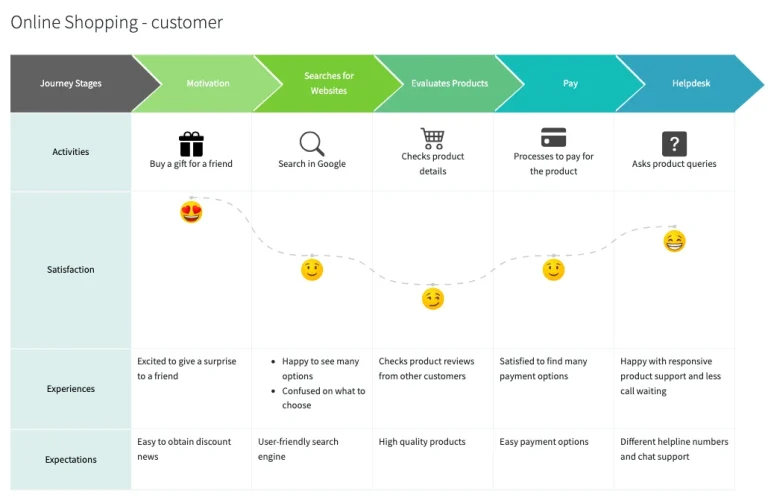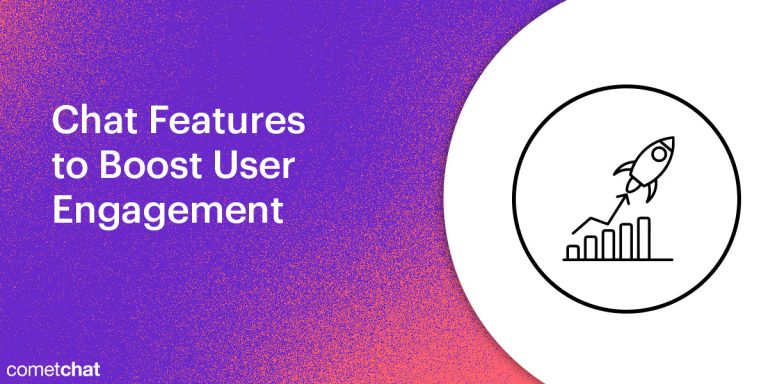
In the ever-evolving world of digital marketing, Off-Page SEO has become a cornerstone for achieving high search engine rankings and building a strong online presence. While on-page SEO focuses on optimizing your website’s content and structure, off-page SEO is all about what happens outside your site—like backlinks, social media engagement, and brand mentions. In 2024, with Google’s algorithms becoming more sophisticated, understanding and implementing effective off-page SEO strategies is more crucial than ever.
This article will guide you through the most powerful off-page SEO techniques, helping you build authority, increase visibility, and drive organic traffic to your website. Whether you’re a beginner or an experienced marketer, this comprehensive guide will provide actionable insights to boost your SEO game.
What is Off-Page SEO?
Off-Page SEO refers to the actions taken outside of your own website to improve its search engine rankings. It involves building backlinks, increasing brand awareness, and engaging with audiences on other platforms. Unlike on-page SEO, which focuses on optimizing content and technical elements within your site, off-page SEO is all about enhancing your website’s reputation and authority across the web.
The primary goal of off-page SEO is to signal to search engines that your website is trustworthy, relevant, and valuable. This is achieved through various methods such as guest posting, social media marketing, and influencer collaborations. These activities help build your website’s credibility, which is a key factor in Google’s ranking algorithm.
Why Off-Page SEO Matters in 2024

With the rise of AI and machine learning, search engines are now better at identifying high-quality content and credible sources. This means that off-page SEO has become even more important in determining your website’s visibility. Here are some reasons why off-page SEO matters in 2024:
- Building Authority: High-quality backlinks from reputable websites signal to Google that your site is an authority in your niche.
- Increasing Visibility: Engaging with social media and other platforms helps increase your brand’s exposure, leading to more traffic.
- Improving Trustworthiness: Positive reviews, brand mentions, and user engagement all contribute to building trust with both users and search engines.
- Enhancing User Experience: Off-page SEO strategies like guest posting and influencer marketing can drive targeted traffic to your site, improving user experience and engagement metrics.
By focusing on these aspects, you can significantly improve your website’s performance in search results.
Key Off-Page SEO Strategies for 2024
1. Smart Link Building
Link building remains one of the most effective off-page SEO strategies. However, it’s essential to focus on quality over quantity. Here are some best practices for smart link building:
- Target High-Authority Sites: Aim for backlinks from websites with a high domain authority (DA), such as Forbes, TechCrunch, or industry-specific blogs.
- Use Relevant Anchor Text: Ensure that the anchor text used in your backlinks is relevant to the content of the page you’re linking to.
- Avoid Spammy Links: Stay away from low-quality or irrelevant sites, as they can harm your SEO efforts.
- Dofollow vs. Nofollow Links: Prioritize dofollow links, as they pass more SEO value compared to nofollow links.
2. Powerful Content Sharing
Creating valuable, shareable content is a fundamental part of off-page SEO. When your content is useful and engaging, others are more likely to share it, leading to natural backlinks and increased visibility. Here’s how to maximize the impact of your content:
- Create Original Content: Focus on producing unique, in-depth content that addresses real problems or provides valuable insights.
- Leverage Social Media: Share your content on platforms like LinkedIn, Twitter, and Instagram to reach a wider audience.
- Encourage User Engagement: Ask your audience to comment, share, or engage with your content to increase its reach.
- Repurpose Content: Turn long-form blog posts into infographics, videos, or podcasts to make them more shareable.
3. Guest Posting
Guest posting is a proven method to build backlinks and establish your authority in your niche. By writing for other reputable websites, you can gain exposure to new audiences and earn valuable backlinks. Here are some tips for successful guest posting:
- Choose Relevant Blogs: Target blogs that are relevant to your niche and have a good reputation.
- Write High-Quality Content: Ensure that your guest posts are well-researched, informative, and add value to the readers.
- Include a Bio and Link: Add a short author bio with a link to your website to drive traffic and build credibility.
- Maintain Relationships: Build relationships with the blog owners and other contributors to increase future opportunities.
4. Competitor Backlink Analysis

Analyzing your competitors’ backlinks can provide valuable insights into their SEO strategies. By identifying the sources of their backlinks, you can replicate or improve upon their efforts. Here’s how to conduct competitor backlink analysis:
- Use Tools Like Ahrefs or SEMrush: These tools allow you to see which websites are linking to your competitors.
- Identify High-Quality Backlinks: Look for backlinks from authoritative websites that could also benefit your site.
- Create Better Content: Develop content that is more valuable or up-to-date than your competitors’ to attract similar backlinks.
- Outreach to Link Sources: Reach out to the websites that linked to your competitors and pitch your content as an alternative.
5. Social Media Marketing
Social media plays a significant role in off-page SEO by increasing your brand’s visibility and driving traffic to your website. Here are some effective social media strategies for 2024:
- Engage with Your Audience: Respond to comments, messages, and mentions to build a loyal following.
- Share Valuable Content: Post content that educates, entertains, or inspires your audience.
- Use Hashtags and Tags: Incorporate relevant hashtags and tag other users or brands to increase your reach.
- Run Paid Ads: Utilize paid social media campaigns to target specific audiences and promote your content.
6. Influencer Marketing
Collaborating with influencers can significantly boost your off-page SEO efforts. Influencers have established audiences and can help promote your content, leading to increased visibility and backlinks. Here’s how to leverage influencer marketing:
- Identify Relevant Influencers: Find influencers in your niche who align with your brand values.
- Build Relationships: Engage with influencers on social media and offer value before asking for promotion.
- Collaborate on Content: Work with influencers to create content that showcases your products or services.
- Track Results: Monitor the performance of your influencer campaigns to measure their impact on your SEO.
7. Brand Mentions
Brand mentions, even without a direct link, can positively impact your SEO. When other websites mention your brand, it signals to Google that your business is reputable and trustworthy. Here’s how to encourage brand mentions:
- Create Shareable Content: Produce content that others will want to reference or quote.
- Participate in Online Communities: Engage in forums, Q&A platforms, and social media groups where your brand can be mentioned.
- Use PR Outreach: Reach out to journalists and bloggers to feature your brand in their content.
- Monitor Mentions: Use tools like Google Alerts to track when your brand is mentioned online.
8. Online Reviews
Positive online reviews can enhance your local SEO and build trust with potential customers. Here’s how to encourage and manage online reviews:
- Request Reviews: Politely ask satisfied customers to leave reviews on platforms like Google, Yelp, and Trustpilot.
- Respond to Feedback: Address both positive and negative reviews to show that you value customer feedback.
- Claim Your Listings: Ensure that your business is listed on review platforms and keep your information up to date.
- Encourage Detailed Reviews: Ask customers to provide specific details about their experiences to increase the value of your reviews.
9. Local SEO
If your business operates in a specific location, local SEO is essential for attracting nearby customers. Here’s how to optimize your local SEO:
- Claim Your Google Business Profile: Ensure that your business is listed on Google Maps and that your information is accurate.
- Optimize for Local Keywords: Use location-based keywords in your content to improve your chances of appearing in local search results.
- Build Local Citations: List your business on local directories, community boards, and event listings.
- Encourage Local Reviews: Ask satisfied customers to leave reviews on local platforms to boost your credibility.
10. Digital PR
Digital PR involves promoting your brand through media outlets, blogs, and press releases. It’s an effective way to build backlinks and increase brand awareness. Here’s how to implement digital PR:
- Create Data-Driven Content: Publish original research, surveys, or reports that journalists and bloggers will find valuable.
- Offer Expert Insights: Provide timely and relevant commentary to journalists and bloggers.
- Distribute Press Releases: Share news about your business, products, or milestones through press release distribution services.
- Build Relationships with Journalists: Network with journalists and editors to increase your chances of being featured.
Conclusion
In 2024, off-page SEO continues to play a vital role in improving your website’s visibility and authority. By implementing the strategies outlined in this guide, you can build a strong online presence, drive organic traffic, and achieve higher search engine rankings. Remember, off-page SEO is not a one-time effort but a continuous process that requires dedication, consistency, and adaptability. Stay informed about the latest trends and best practices, and always focus on creating value for your audience. With the right approach, off-page SEO can transform your website into a trusted and authoritative source in your niche.







